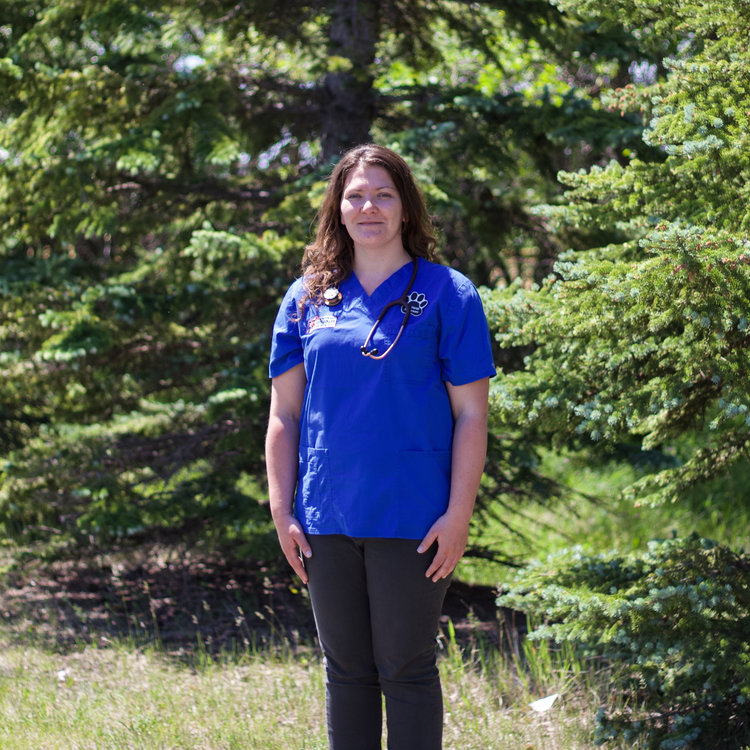One disease worth mentioning in senior horses is Cushing’s. Though it can present in horses 10-20 years old, its incidence increases immensely in senior horses, as much as 25% or more in some populations over 20 years old! It drives home how important yearly exams are so your vet can catch those early signs and suggest blood testing when necessary. The signs can vary greatly, so here is a little bit about it.
Equine Cushing’s or Pituitary Pars Intermedia Dysfunction (PPID) is the enlargement of the pars intermedia, a part of the pituitary gland in the brain, which results in the overproduction of hormones – primarily ACTH (adrenocorticotropin hormone). This leads to too high cortisol levels in the horse, which affects numerous functions in the body.
Signs we see in horses include long hair coats or failure to shed their winter coat, poor immune systems, hoof abscesses, excessive sweating, loss of muscle mass (particular the topline), infertility, pot belly, low energy, and in some cases excessive drinking and urinating. These horses may also develop laminitis. Once the diagnosis is confirmed we do have management strategies as well as a medication called Pergolide that can help horses with this condition.
Another disease that can mimic this is Equine Metabolic Syndrome (EMS). EMS is defined as a condition where the horse is overweight, insulin resistant, and subsequently much more prone to laminitic episodes. This disease usually shows up in a horse’s middle aged years, but can begin as a senior too.
Luckily we have numerous ways to manage these diseases to help your horse live a long, happy life. So feel free to ask your vet or visit our web page for blog posts that go into more detail on these conditions.
Even if your horse’s energy is just down a little, or you’re seeing a change in their behaviour or habits – speak to your vet because it might not just be aging, it might be something we can manage to extend their active years before retirement or make their retirement more comfortable!
Written by Dr. Heidi Bjornson
Learn more about Dr. Heidi Bjornson here.


